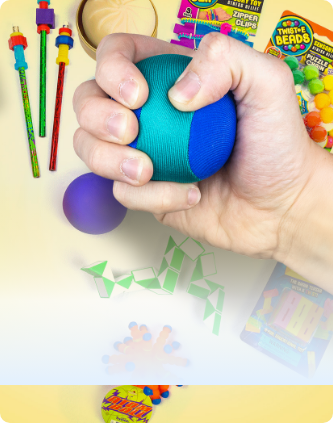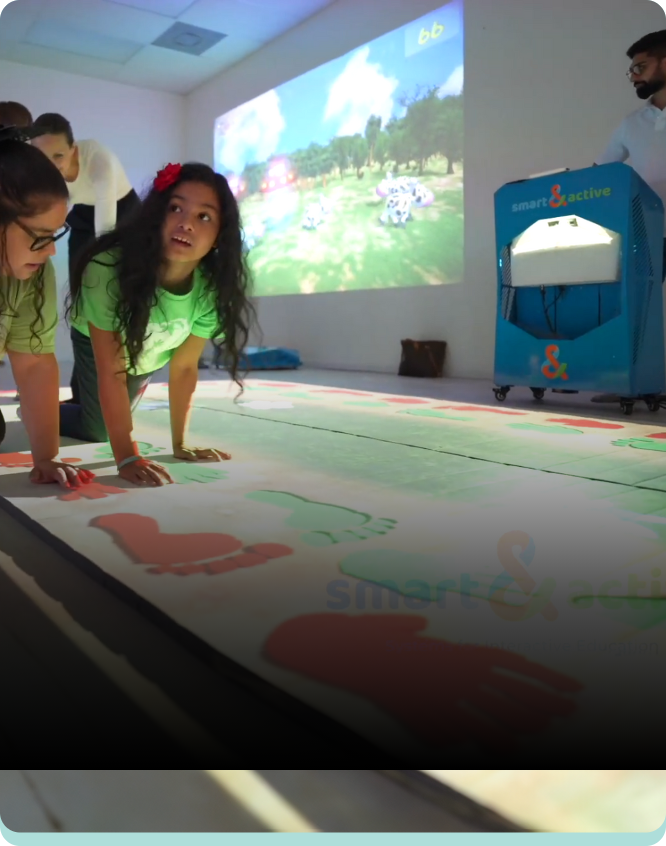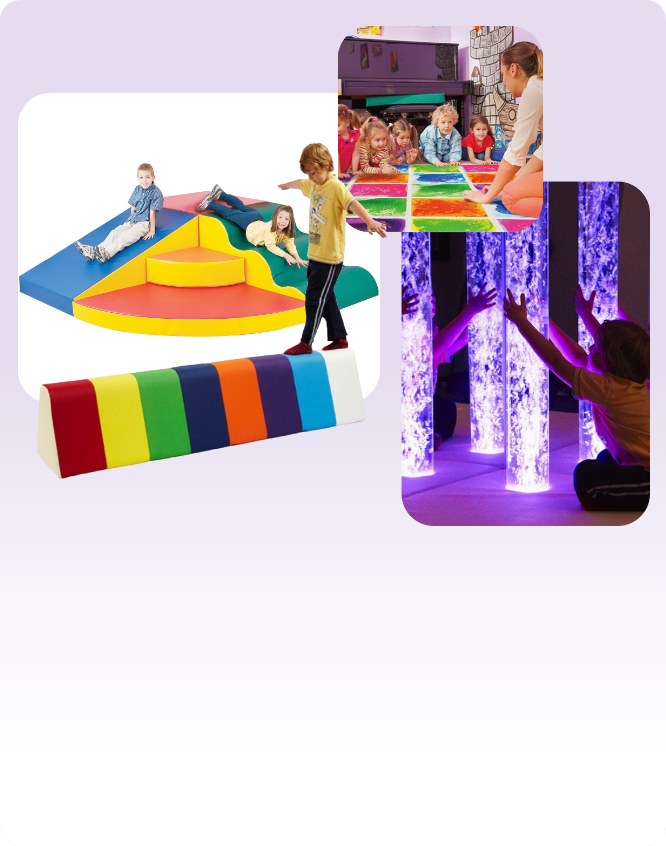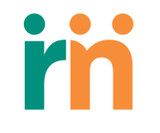Participate in Research—Join ResearchMatch
Posted by Rose Kegler Hallarn of The Ohio State University Center for Clinical and Translational Science Program Director, Clinical Trials Recruitment on Feb 8th 2022

Part of the Answer—One Family’s Experience
Research match has worked with over 160,000 volunteers and 11,000 researchers in support of over 1,000 studies and 545 publications to advance research. This nonprofit organization is funded by the National Institute of Health to connect organizations with volunteers and assist with recruiting for studies. It's easy to help further research in autism by volunteering with them.
Discoveries that advance our understanding of Autism Spectrum Disorder come from research studies specifically designed for those on the spectrum, as well as studies designed for observation of volunteers of all ages who are not on the spectrum. Research studies that may provide answers can be stalled or prematurely closed if they are unable to enroll enough study participants.
ResearchMatch can help.
ResearchMatch.org is a free, secure, and easy to use volunteer registry sponsored by the National Institutes of Health (NIH) that easily connects potential research volunteers with researchers seeking participants. Anyone can join. All volunteers have to do is create a profile and wait for researchers to contact them via email. Volunteers can rest assured that all their identifying information is protected, and is only released if they indicate an interest in participating in a study.
Here is the story of one family’s experience with participating in Autism research.
“My son was diagnosed with an Autism Spectrum Disorder when he was 7 years old. This wasn’t exactly a shock. We had known that there was something unique about his behavior and abilities since he was an infant and he had been receiving intervention services for language, and behavioral and occupational therapy since he was 15 months old. He is “high functioning” in many ways, so we were hesitant to have him stuck with a label for life without giving him a chance to “grow” out of it.
Medicating our son wasn’t something we jumped into quickly, but he simply couldn’t function at home or at school. It was affecting his self-esteem and the other members in the family. After a 45 minute rage tantrum at home one day, he was crying, lying with his head in my lap for comfort, and sobbed “I’m a monster, what is wrong with me?” That was it – the defining moment. I assured him that he was not a monster and we were going to find something that would help him.
We finally found a medication that provided some relief for him. It didn’t alleviate all the problems, but did increase his ability to function. He finally felt like he had some self-control instead of a hair-trigger reaction to things. Sadly, there were some ugly side effects. The worst was weight gain. He had been a very slim child but kept gaining weight at a steady pace no matter what we did to try to slow it down. But, the benefits the medication provided were more than just benefits to him. They were the difference between somewhat impaired functioning and not functioning at all.
When my son was 12, I received an email that described a research study for autism and immediately called the study coordinator. The medication was showing very promising results in early trials, without some of the side effects of his current medication. At this point, the weight gain was beginning to affect his self-esteem and we were becoming concerned that it would affect his health. We have a high incidence of diabetes in our family, so we had to give this a try.
Participating in the study was not easy. We had to remove all medication from his system and he had to remain medication free for a period of time before starting the study drug. The one good thing about this time is that we received confirmation that he definitely needed medication to function. Finally the day arrived when we received the study drug. Initially, the result was very anticlimactic – there was no perceived benefit at the lowest levels of dosage. Gradually, the dose was increased over the next few weeks. With each increase, there was great expectation that this would be the magic dose, but he still wasn’t responsive to the increased levels. We came to the last increase allowable for the trial and had all but given up, but had come this far and wanted to finish the trial to give the researchers the information that they needed. But this was the magic level!!! He felt better. To fully complete the study, he would have had to come completely off the medication again, but the researchers knew that this wouldn’t be best for him and would further delay his participation in school, so they removed him from the study while allowing him to stay on the medication.
His participation had been helpful to the researchers, but it was life-changing for our family. It’s been about 3 years now and my son has lost 20 pounds and gained a few inches in height. We are no longer worried about him developing diabetes. His functioning is better on the study medication than it was on the only other medication we had found that would work for him before the trial. I am so thankful. My son has received a benefit, which sadly, many will not receive until the medication has been fully approved.
Life still has its challenges. Anyone who has experienced raising a child with the comorbid conditions of an ASD and Adolescence will understand this; but I feel that this medication has given him the absolute best opportunity to function that is currently available. Had it not worked, it would have been devastating, but it would have assured us that medication was still needed for him to function and we would have known that we had done all that we could do for him – and that is all any parent can hope to do.”
How can every member in your family contribute to the understanding of autism?
- Consider joining ResearchMatch.org. If you have an email address you can enroll today!
- Ask your physicians if they are aware of any studies in your area.







